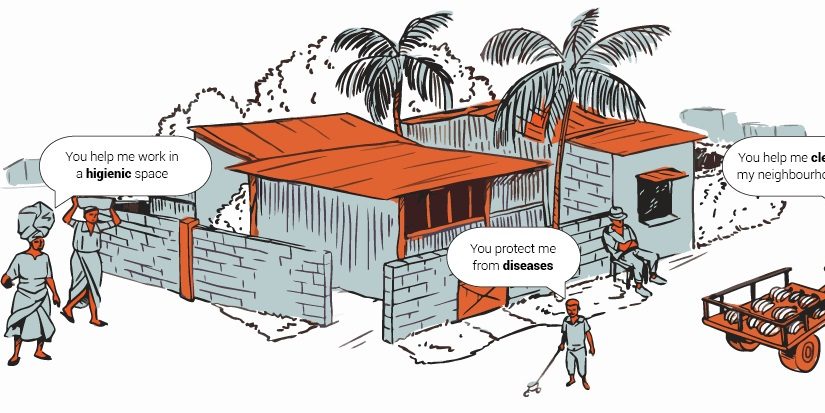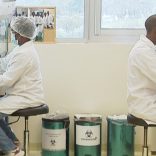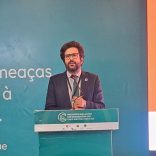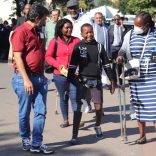UN refugee agency plans to reduce spending by a fifth, close Southern Africa office as cuts bite
Mozambican digital platform is UNESCO case study

Picture: mopa.co.mz
UNESCO-Pearson Digital Literacy Initiative publishes a case study on the MOPA platform.
MOPA is a digital solid waste (garbage) monitoring platform, developed in Mozambique by UX Information Technologies, in partnership with the Maputo Municipal Council’s Health Department, and supported by the World Bank. This platform was chosen together with 13 other platforms, out of a total of 130 applications from 60 countries around the world, to be a UNESCO case study within the UNESCO-Pearson Digital Literacy program.
UNESCO believes that the approach used to create MOPA, co-designing with the Municipality of Maputo and the various stakeholders and experts in urban solid waste, is a success story that ought to be studied. It demonstrates that the private sector collaborates with the public sector and donors to create technology-based solutions that are effective, transparent, and that benefit citizens.
During its design phase, the MOPA team applied an approach based on workshops and collaborative work, bringing together the many perspectives of different operators in the process of identifying and solving waste problems. From citizens to the micro-enterprises that use the txovas to collect garbage in the neighbourhoods, through to the Municipal Council and the big companies that deal with the containers, all the different actors were given voice and contributed to the development process, culminating in a solution that is being recognised worldwide as cutting-edge technology in this area.
As selection criteria, the UNESCO program analysed innovative digital solutions for public services that were inclusive and innovative in the use of technologies relevant to the market in which they were implemented. MOPA is, to date, the first and only example of a smart city platform that makes use of inclusive communication technologies such as USSD (* 311 #) and SMSs, to include low-income population with access to only basic mobile phones. These allow them to report garbage problems in their neighbourhoods directly to the Municipality of Maputo. This service is available on all national mobile operators (Mcel, Vodacom, and Movitel), who have embraced the initiative and allow all users to use the service for free.
Case studies developed by UNESCO serve as a foundation for the organisation’s guidelines and are intended for digital solutions providers, donors, development partners, and governments. They contain information on how to create more inclusive digital solutions that build user skills, and improve their quality of life.
Mozambique is therefore contributing positively to the worldwide knowledge base of using inclusive technologies for citizenship and governance.
MOPA was officially launched in November 2016, and the service statistics now indicate that approximately 8,100 notifications of waste issues have been reported by citizens. Of this number, more than 6,000 problems were solved and 4,000 people were involved in garbage management and participatory public service monitoring campaign using MOPA.
- Read the ‘MOPA: Case Study by UNESCO-Pearson Initiative for Literacy’ HERE













Leave a Reply
Be the First to Comment!
You must be logged in to post a comment.
You must be logged in to post a comment.